What is a headache?
The brain itself does not have pain receptors so the pain you feel actually comes from the scalp, face or tissue lining the brain (meninges). Muscles and blood vessels in the head can expand or contract in response to a variety of triggers or stimuli, putting pressure on surrounding nerves, which send the messages to your brain that you interpret as a headache.
Causes and triggers?
- Stress (do you need to relax?)
- Visual problems (have you had your eyes tested?)
- Dehydration (not drinking enough water?)
- Alcohol, smoking and other drugs
- Virus infections like coughs, colds, influenza and sinusitis
- Hormone fluctuations in the menstrual cycle
- Exertion such as exercise or sexual activity
- Some foods like chocolate and cheese
- Strong smells like paint, petrol or perfume
- Weather patterns with impending change in air pressure
- More serious causes include meningitis, cerebral aneurysm, high blood pressure, brain tumour.
What type of headache do you get?
Tension
This is what most people mean when they have a headache and it is caused by contracted muscles in your head, neck, shoulders or jaws. You may have come home after a stressful day at work with a pressing pain all round your head as though your head was in a vice, and your neck and shoulders may feel tight. You recognise this regular pattern because a tension headache can happen often, although it usually only lasts a few hours; longer if untreated, but it can also come and go over a few days. It may persist and become chronic, indicative of another problem such as eye trouble, depression or overuse of painkillers used to prevent headaches (rebound headache).
Migraine
If you have ever had a migraine you will know the difference. It is a very distinctive throbbing headache, usually on one side and is caused by blood vessels contracting and then expanding. The first sign that a migraine is about to hit is called an aura (although you can have migraine without aura), usually characterised by visual disturbances like flashing lights, blurriness or zigzags moving from your central to peripheral vision, sometimes accompanied by numbness or tingling. This is when the artery is contracting. You may feel nauseous, become sensitive to light or movement and then a severe headache will force you to lie down and be still until it passes, which can be anything from hours to a few days. Vomiting is common at this stage.
Cluster
This is a much less common form of headache and affects predominately men. They come as a “cluster” of headaches over a period of a few days to weeks, often in the same season each year. Each headache is in the same spot, such as a sharp pain around one eye, and is sometimes accompanied by distinctive symptoms like watering and redness of the affected eye, drooping or swollen eyelid and small pupil. You may also feel anxious and have disturbed sleep. It is thought that arteries in the head become inflamed, which triggers nerves behind the eye to send pain messages to the brain. Also abnormal activity in the brain control centre (hypothalamus) may be involved.
Prevention and treatment
Most headaches are not related to anything else and will disappear with pain relief medication. If you have persistent headaches and are not sure of the cause you should seek medical advice.
1. Identify your headache
Try to identify what type of headache you’ve got or likely causes. Have you had a bang on the head? Do you have trouble reading? Is your nose blocked? Do you have migraine symptoms? These may help identify specific treatments.
2. Self-care
A few practical steps can help reduce headaches, especially those associated with lifestyle and stress. Avoid getting intoxicated. Stop smoking. Reduce your stress in life and get out and exercise. Get a good night’s sleep.
Look for patterns and causes, monitoring yourself and making notes; then you can take steps to avoid triggers or treat the headache. These questions may help.
- When do you feel the headache?
- Where does it hurt?
- Is it a sharp, pressing or throbbing pain?
- How long does it last?
- What makes it stop?
- Have you taken medication recently?
- What are the likely triggers?
- What were you doing before it started?
3. When to visit your doctor
While most headaches are not associated with any disease, some features may indicate an underlying health problem. If you think you need prescription medicine, seek medical help and be prepared to discuss your symptoms and medical history. Symptoms of a more serious condition may include:
- Your headache follows a head injury, especially following loss of consciousness.
- The headache is accompanied by a stiff neck, fever, slurred speech, numbness or weakness on one side of your body, balance problems or significantly distorted vision.
- Sudden onset of a severe headache in a person without any significant previous problems with headaches.
- Your headache does not go after taking pain relief medication for more than three days.
- Your headache is getting worse.
4. Getting pain relief
You can obtain most simple pain relief medicines directly from your pharmacy, such as paracetamol, aspirin and some non-steroidal anti-inflammatory drugs (NSAIDS). Some migraine medication is also available over-the-counter, however for stronger medication you will need a prescription. For rapid relief of a migraine or cluster headache, you may be given medication by injection or nasal spray when you visit a doctor.
5. Natural remedies
- Massage to relieve tension.
- Meditation and relaxation techniques to relieve stress.
- Heat treatment to ease tense muscles at the back of the neck.
- Herbal remedies including peppermint and fever few, which you can get from your pharmacy; also some homeopathic remedies may help.
- Acupuncture and chiropractic therapy.






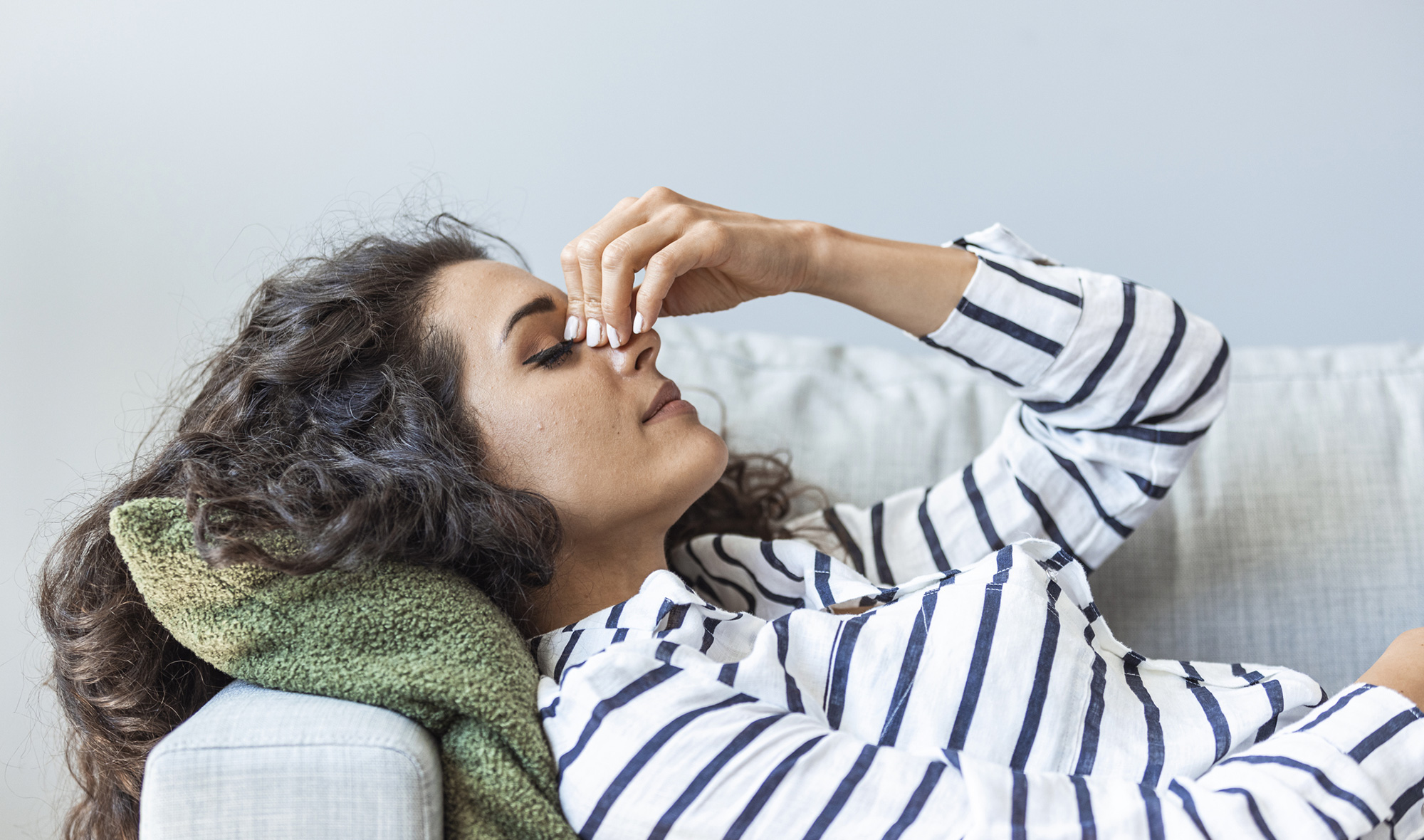
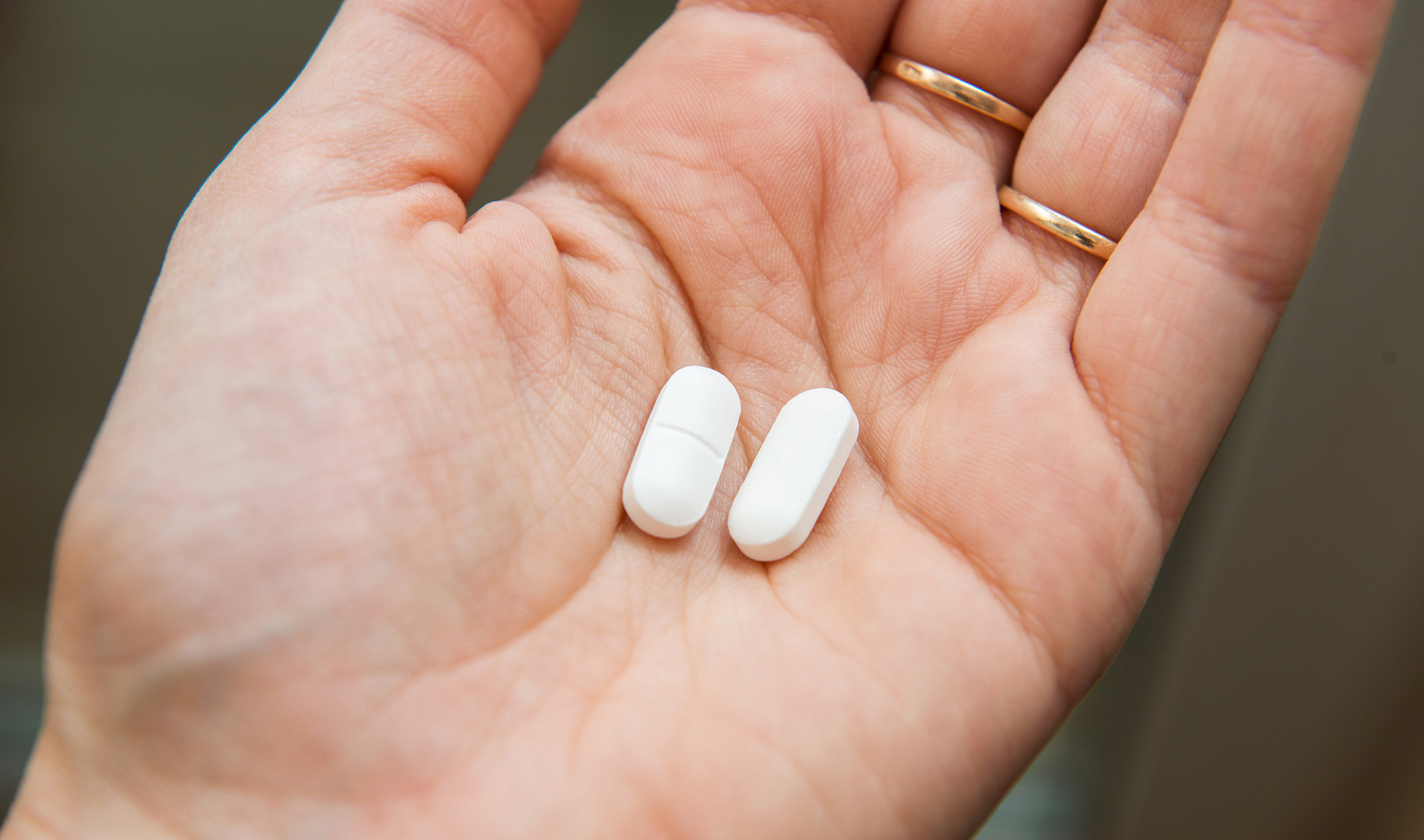

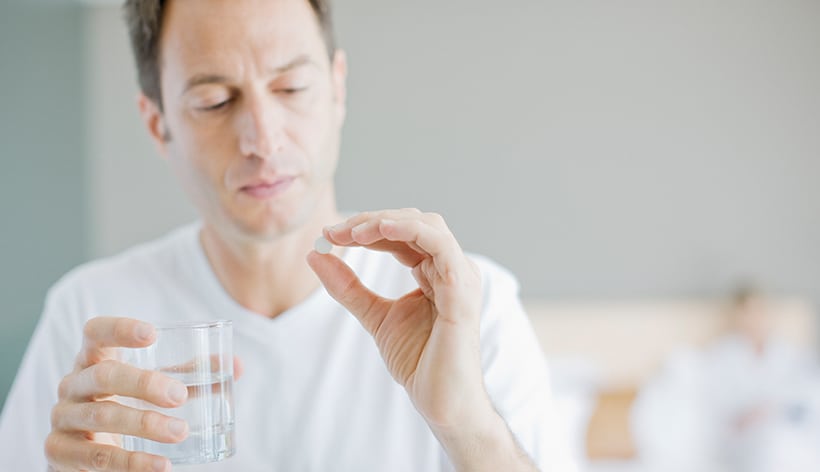
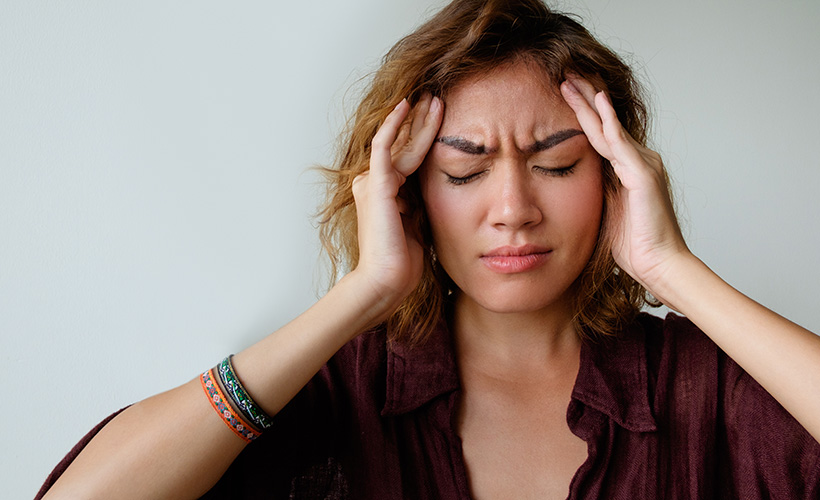




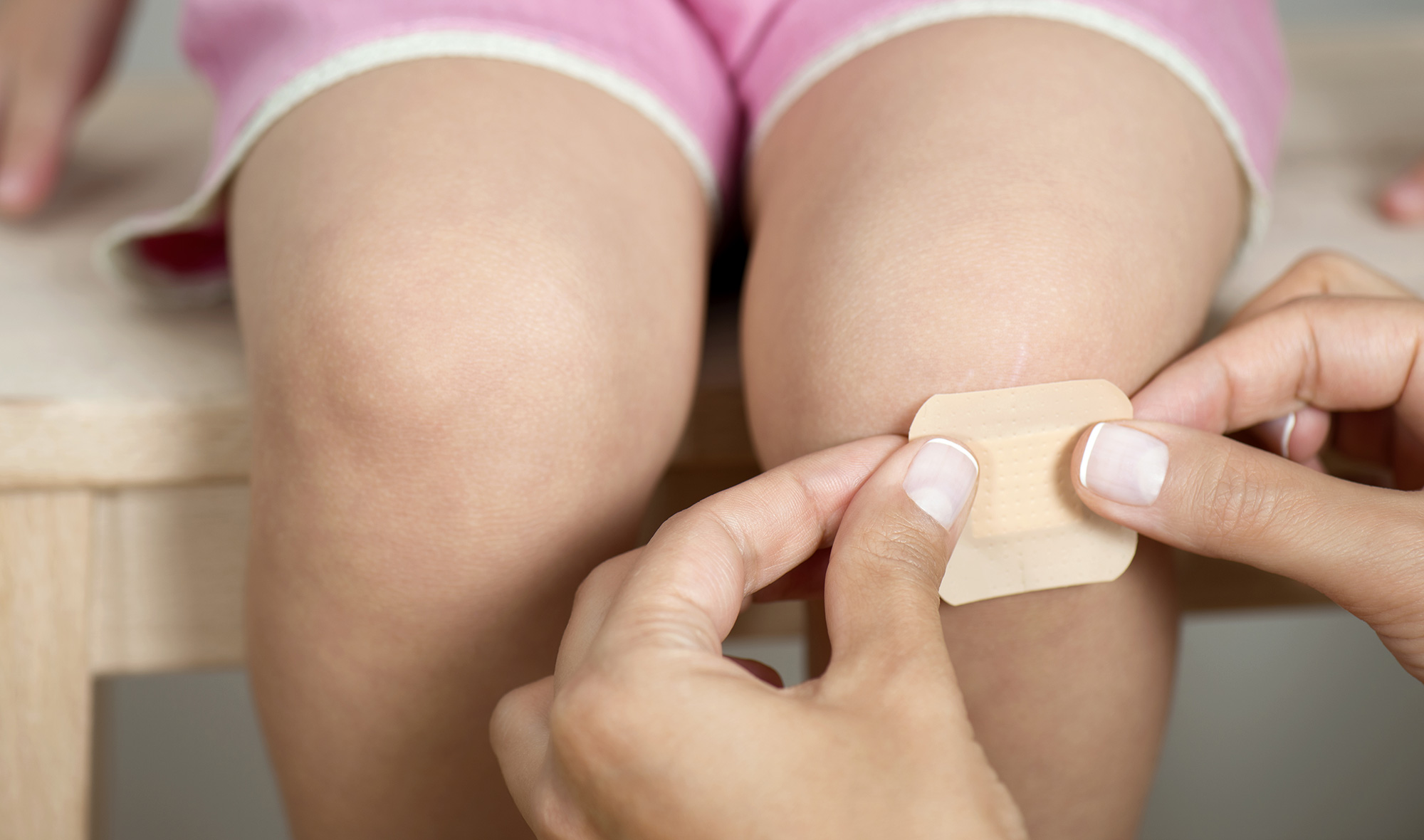

Community